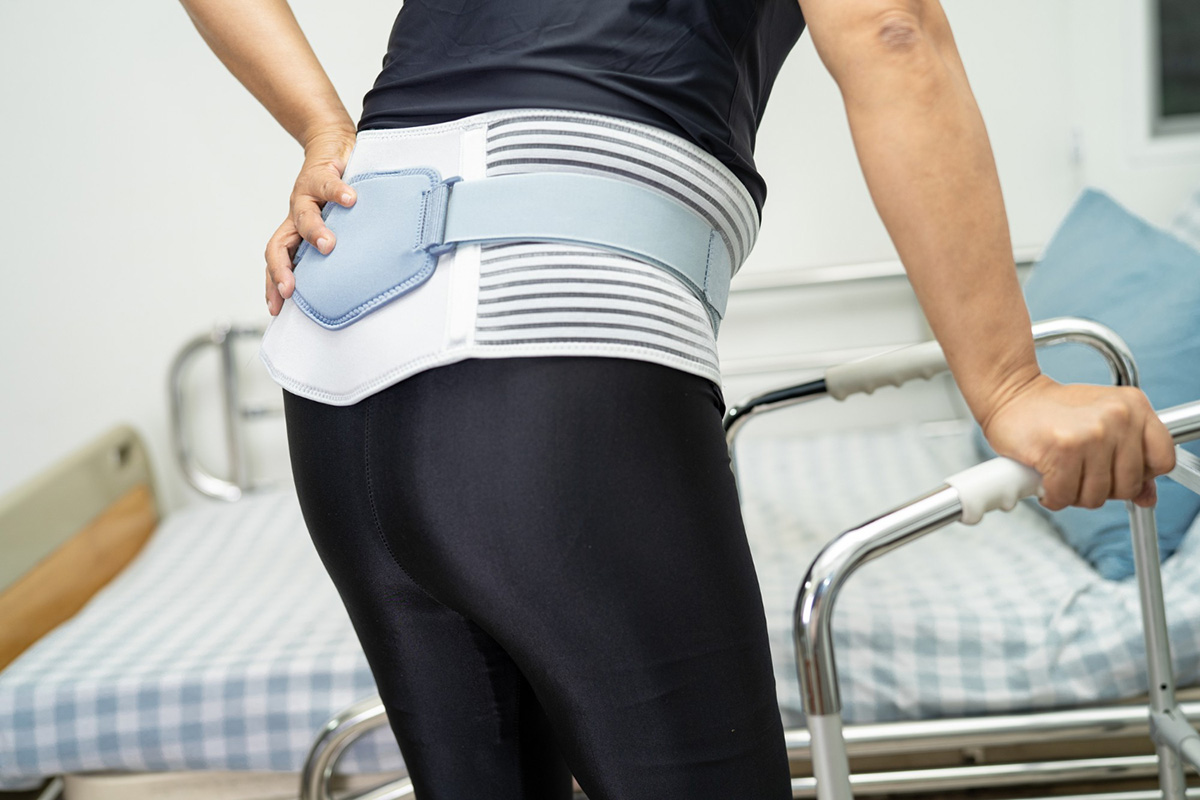Reclaiming Your Stride: A Guide to Recovery Timeline After Hip Surgery
Hip surgery, whether a partial or total hip replacement, can significantly improve your quality of life by alleviating pain and restoring mobility. However, the road to recovery requires dedication and patience. This comprehensive guide explores the typical recovery timeline after hip surgery, delves into factors influencing individual healing, and offers valuable tips to optimize your rehabilitation journey.
Understanding the Surgical Landscape: Partial vs. Total Hip Replacement
There are two main types of hip surgery:
- Partial Hip Replacement: This procedure replaces only the damaged portion of the hip joint, typically the head of the femur. It’s usually performed for specific conditions and offers a shorter recovery time compared to total hip replacement.
- Total Hip Replacement: This procedure replaces both the socket (acetabulum) in the pelvis and the ball (femoral head) of the hip joint with prosthetic implants. It’s the more common surgery for treating arthritis and other hip joint problems.
Important Note: The recovery timeline discussed in this article applies primarily to total hip replacement surgery. Partial hip replacement typically has a faster recovery due to the less invasive nature of the procedure. Consult with your doctor for specific recovery expectations after partial hip replacement.
The Recovery Timeline: Milestones on the Path to Walking Normally
While healing is an individual process, here’s a general timeline outlining the expected milestones after total hip replacement surgery:
- Immediate Recovery (Day 0-3): Following surgery, you’ll likely be in the hospital for a few days. Pain management will be a priority, and you’ll begin physical therapy to learn safe movement techniques and exercises to strengthen the muscles around your new hip. With assistance, you might be able to stand and take a few steps.
- Early Recovery (Weeks 1-6): The focus during this phase is on regaining strength and mobility. Physical therapy sessions will become more intensive, incorporating exercises to improve your range of motion, weight-bearing activities, and practicing walking with a walker or crutches. By the end of this period, you should be able to walk short distances with assistance.
- Continued Recovery (Weeks 6-12): As your strength and coordination improve, you’ll gradually transition from using a walker to a cane or walking stick. Physical therapy continues to focus on building strength, flexibility, and balance. By week 12, most patients are able to walk without any assistive devices on level ground.
- Long-Term Recovery (Months 12+): Recovery is an ongoing process. Physical therapy sessions might become less frequent, but it’s crucial to continue exercises at home to maintain your mobility and prevent stiffness. Most patients regain full functionality and return to their usual activities within 3-6 months after surgery.
Important Note: This timeline is a guideline, and individual recovery can vary depending on several factors.
Factors Influencing Your Recovery Journey
Several factors can influence your recovery timeline after hip surgery:
- Age and Overall Health: Younger patients and those in better overall health tend to recover faster than older patients or those with pre-existing medical conditions.
- Type of Surgery: As mentioned earlier, partial hip replacement typically has a faster recovery compared to total hip replacement.
- Severity of Pre-Operative Condition: The extent of damage to the hip joint before surgery can impact the healing process.
- Commitment to Physical Therapy: Diligently following your physical therapy plan is crucial for optimal recovery and regaining mobility.
- Pain Management: Effectively managing pain allows you to participate more actively in physical therapy, leading to a faster recovery.
- Nutritional Support: Maintaining a balanced diet rich in essential nutrients promotes healing and provides your body with the building blocks it needs for recovery.
Stride with Confidence: Tips to Optimize Your Recovery
Here are some valuable tips to optimize your recovery journey after hip surgery:
- Pain Management: Take your pain medication as prescribed by your doctor. Don’t hesitate to reach out to your doctor if you experience uncontrolled pain.
- Physical Therapy: Attend all your scheduled physical therapy sessions and actively participate in the prescribed exercises.
- Rest and Recovery: Listen to your body and prioritize adequate rest to allow your body to heal.
- Use Assistive Devices Properly: Use walkers, crutches, or canes as instructed by your therapist to ensure proper support and prevent falls.
- Maintain a Healthy Lifestyle: Eat a balanced diet, get enough sleep, and avoid smoking, which can hinder healing.
- Maintain a Positive Attitude: Recovery can be challenging, but staying positive and motivated can significantly impact your progress.

